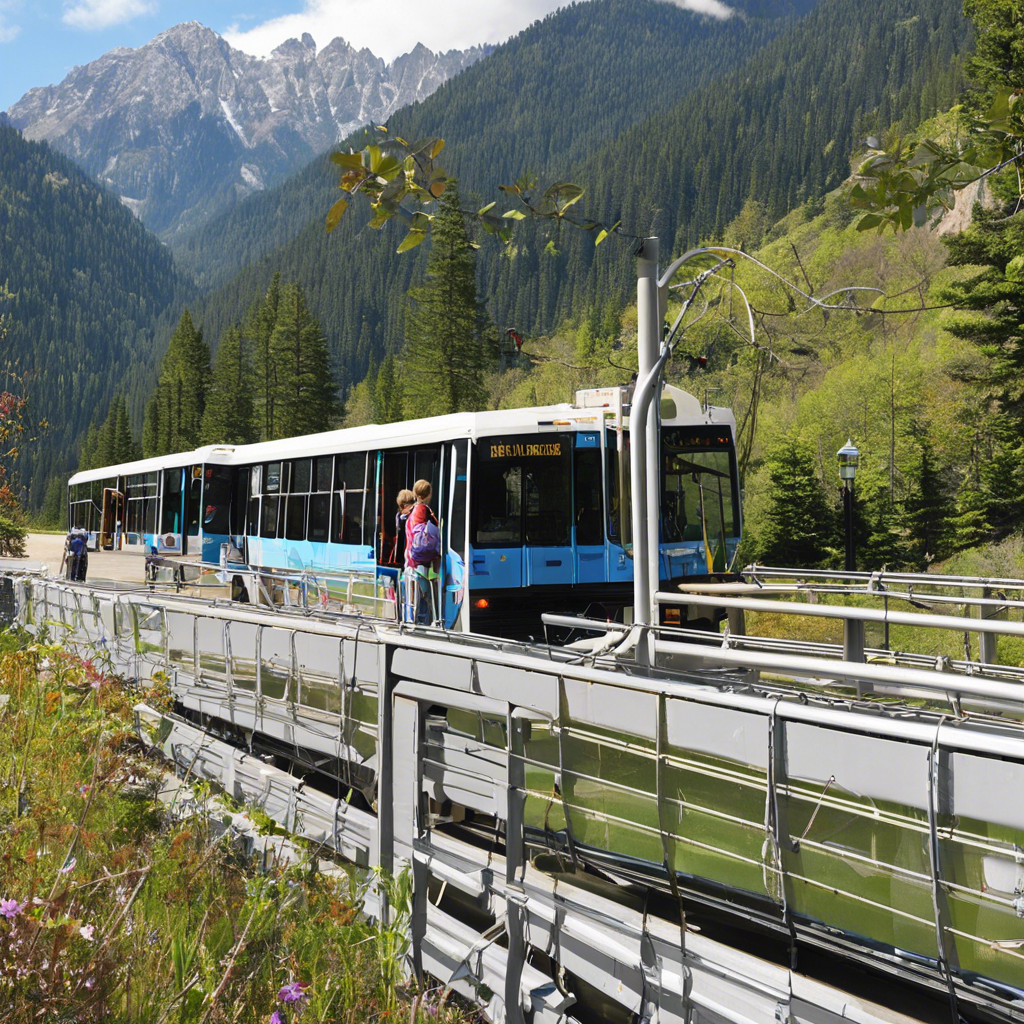Field trips have an incredible ability to transport students beyond the confines of the classroom, sparking curiosity and leaving lasting impressions that extend far beyond the excursion. These educational adventures offer a dynamic learning experience, fostering a deeper understanding of the world and creating cherished memories along the way. The excitement begins with the departure from the familiar school environment, as students eagerly anticipate the unknown and the opportunity to explore new horizons. Every detail of the trip becomes a significant part of the learning journey, from the bus ride filled with anticipation and chatter to the first glimpse of the destination. Whether it’s a visit to a historical site, a natural wonder, or an interactive museum, field trips provide a multi-sensory learning experience that textbooks simply cannot replicate. Students can touch, smell, and feel the textures of history or science, making the learning process more tangible and memorable.
The benefits of these excursions are vast and varied. Field trips encourage active learning, where students become engaged participants rather than passive listeners. They offer a chance to immerse oneself in a different environment, fostering a greater appreciation for the subject matter. For instance, a visit to an art gallery can inspire creativity and provide a real-world context for understanding artistic techniques. A trip to a science museum can spark curiosity about the natural world and make complex scientific concepts more accessible and entertaining. Field trips also promote social interaction and teamwork, as students collaborate and share experiences, strengthening their bonds and learning to appreciate diverse perspectives. The memories created during these trips can serve as powerful educational tools, as students often retain information better when associated with a memorable experience.
Moreover, field trips provide opportunities for personal development and growth. Students learn to navigate new environments, enhancing their independence and problem-solving skills. They gain a broader perspective on the world, which can inspire curiosity about different cultures, careers, and ideas. The impact of these experiences often extends beyond the trip itself, as students may develop new hobbies, interests, or even future career paths. For educators, planning and organizing field trips can be a rewarding challenge, as it requires creativity and a thoughtful approach to ensure a safe, educational, and enjoyable experience for all. In an era of digital learning and virtual experiences, field trips remain an essential part of a well-rounded education, offering students a unique, tangible way to connect with the world around them. They are more than just a break from the routine; they are opportunities for discovery, growth, and lifelong memories.
